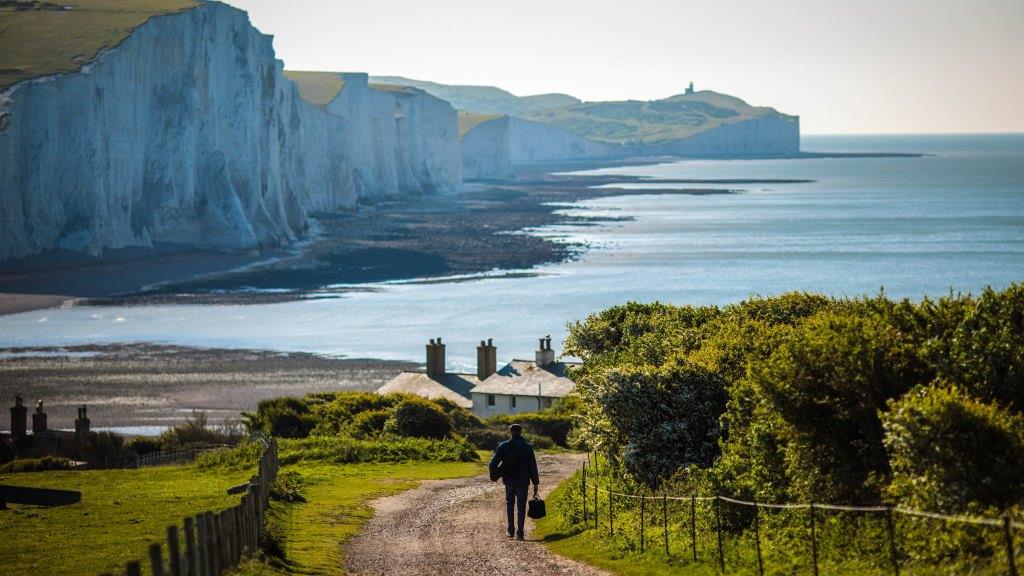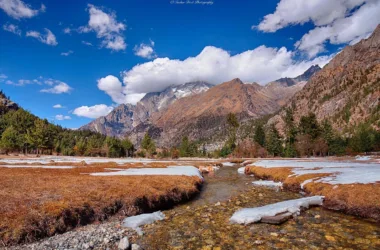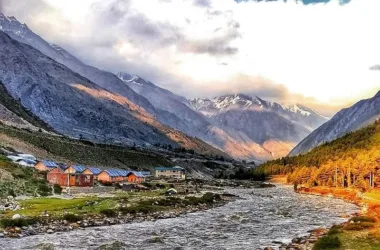Dong Hoi is a small city located in the central region of Vietnam. Despite its size, this city boasts a rich history and stunning natural beauty. With its breathtaking landscapes and friendly locals, Dong Hoi is quickly becoming a must-visit destination for travelers seeking an authentic Vietnamese experience.
Exploring the History of Dong Hoi
The city has a long and storied history, dating back to the Champa Kingdom in the 7th century. Throughout the centuries, Dong Hoi has played a significant role in Vietnam’s struggles for independence. Visitors can explore this history by visiting the Quang Tri Citadel, a symbol of resilience and heroism during the Vietnam War.

Natural Wonders in Dong Hoi
The city is surrounded by an array of natural wonders, including the stunning Phong Nha-Ke Bang National Park. This UNESCO World Heritage site is home to some of the world’s largest and most impressive caves, including the famous Son Doong Cave. Nature enthusiasts will also appreciate the pristine beaches and lush green landscapes that make Dong Hoi a haven for outdoor activities.
Local Cuisine in Dong Hoi
No trip to Dong Hoi would be complete without sampling the local cuisine. The city offers a diverse range of traditional Vietnamese dishes, with an emphasis on fresh seafood. Be sure to try the local specialty, Banh Loc, a delicious shrimp and pork dumpling wrapped in banana leaves.

Cultural Experiences in Dong Hoi
Dong Hoi is also a great place to immerse yourself in Vietnamese culture. The city is home to a vibrant local community that is passionate about preserving its heritage. Visitors can experience traditional music and dance performances, as well as visit local markets and shops to purchase handmade crafts.
Conclusion: Uncover the Beauty of Dong Hoi
In conclusion, Dong Hoi is a hidden gem that offers a unique blend of history, natural beauty, and cultural experiences. Whether you’re a history buff, nature lover, or foodie, this charming city has something for everyone. So, pack your bags and discover the wonders of Dong Hoi for yourself!

Similar Articles
- Da Nang: A Coastal Paradise in Vietnam
- Phong Nha-Ke Bang National Park
- Nha Trang: Vietnam’s Premier Beach Destination and Cultural Hub
Frequently Asked Questions About Dong Hoi
What is Dong Hoi known for?
Dong Hoi is known for its rich history, stunning natural beauty, and cultural heritage. It is home to the UNESCO World Heritage site, Phong Nha-Ke Bang National Park, which boasts some of the world’s largest and most impressive caves, including Son Doong Cave.
How do I get to Dong Hoi?
Dong Hoi is accessible by air, train, and bus. The city has its own airport, Dong Hoi Airport, which offers domestic flights from major cities like Ho Chi Minh City and Hanoi. Additionally, there are regular train and bus services connecting Dong Hoi to other parts of Vietnam.
What is the best time to visit Dong Hoi?
The best time to visit Dong Hoi is during the dry season, which runs from April to August. During this time, the weather is generally warm and sunny, making it ideal for exploring the city and its surroundings.
Are there any accommodation options in Dong Hoi?
Yes, Dong Hoi offers a wide range of accommodation options, from budget hostels to luxury resorts. Visitors can choose from a variety of hotels, guesthouses, and homestays to suit their preferences and budget.
What is the local cuisine like in Dong Hoi?
Dong Hoi’s local cuisine is a delicious blend of traditional Vietnamese flavors, with an emphasis on fresh seafood. Some local specialties to try include Banh Loc, a shrimp and pork dumpling wrapped in banana leaves, and Cha Ca, a grilled fish dish.
Are there any cultural experiences to enjoy in Dong Hoi?
Yes, Dong Hoi offers a variety of cultural experiences for visitors to enjoy. The city is home to traditional music and dance performances, as well as local markets and shops where visitors can purchase handmade crafts and souvenirs.
Is Dong Hoi safe for travelers?
Dong Hoi is generally considered safe for travelers. However, as with any destination, it’s important to take common-sense precautions, such as keeping an eye on your belongings and avoiding isolated areas after dark.









